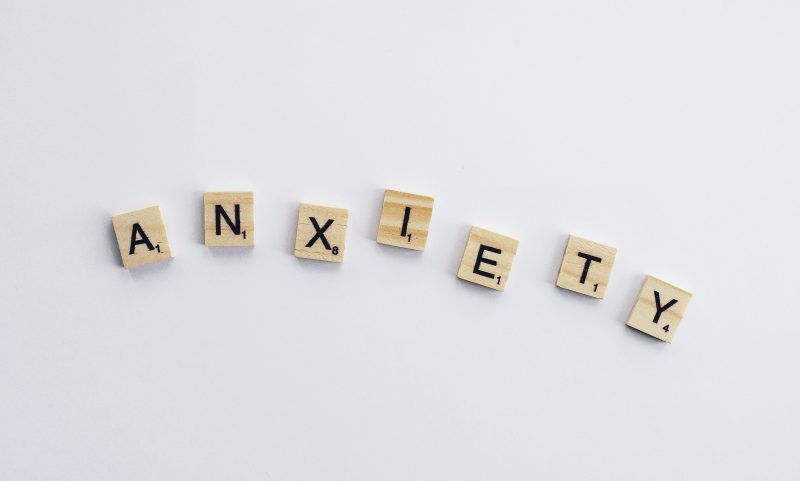The Difference Between Anxiety & Mood Disorder
Getting a handle on mental health can be a long, complex process. Will over the counter anxiety medicine help? Or do you need a different kind of medication? Before you can find the right treatment, you need a proper diagnosis.

What Is Anxiety?
Anxiety is an umbrella term for several anxiety-related disorders:
- Separation anxiety disorder
- Agoraphobia
- Social anxiety disorder
- Phobias
- Panic disorder
- General anxiety disorder
All of the above generate irrational fear and impact patients’ daily lives. Individuals can even have more than one disorder at a time.
What Are the Symptoms of Anxiety?
Symptoms can vary depending on the anxiety disorder. However, the following show up across the board:
- Tiredness or weakness
- Trembling
- Sweating
- Trouble sleeping
- Avoiding triggers
- Difficulty controlling worry
- Restlessness
- Tension
- Nervousness
- Difficulty concentrating
- Gastrointestinal problems
- Hyperventilation
- Increased heart rate
- Sense of impending doom, panic or danger
These symptoms may come on suddenly for no apparent reason, or specific events may trigger them.
What Causes Anxiety?
Medical professionals are still working to completely understand what causes anxiety, though there’s been much progress in the past few decades. Scientists have identified a few factors that increase individuals’ risk of developing anxiety:
- Having another mental illness
- Experiencing trauma
- Living with a great deal of stress
- Having family members diagnosed with anxiety
How Can You Treat Anxiety?
A general practitioner can diagnose anxiety and prescribe medication. Many doctors recommend going to therapy in conjunction with medicine to learn healthy coping mechanisms to combat anxiety attacks.
If you react badly to prescriptions, you can try natural alternatives to anxiety medication. However, it’s important to remember that these medicines usually alleviate the symptoms without treating the underlying cause.
What Are Mood Disorders?
While anxiety often accompanies mood disorders, they’re very different conditions. Individuals living with mood disorders experience inconsistent or distorted emotions to the point that they struggle in daily life. The following are some of the most common mood disorders:
- Disruptive mood dysregulation disorder
- Persistent depressive disorder
- Cyclothymic disorder
- Seasonal affective disorder
- Bipolar disorder
- Major depressive disorder
What Are Common Symptoms of Mood Disorders?
Mood disorder symptoms can vary drastically depending on the condition. For example, individuals with bipolar disorder may experience mania, while people with depression don’t. However, the following are a few common signs of a mood disorder:
- Difficulty focusing
- Periods of euphoria, restlessness or poor judgment
- Frequent sadness
- Chronically low energy
- Insomnia
- Oversleeping
- Lack of motivation
What Causes Mood Disorders?
Like other psychological conditions, mood disorders are still the subject of many studies to determine the underlying causes. However, medical professionals have found the following are likely candidates:
- Genetics
- Brain chemistry and structure
- Other physical illnesses
- Major life changes or stress
- Trauma
How Can You Treat a Mood Disorder?
Medical professionals advise a combination of therapy and prescription to treat mood disorders. Doctors generally prescribe the following to individuals with bipolar disorder or depression:
- Antipsychotics
- Mood stabilizers
- Antidepressants
If you’re struggling with anxiety or a mood disorder, there are ways to find relief. Whether you use OTC anxiety meds or stick with prescriptions, the important thing is finding a solution that works for you.


